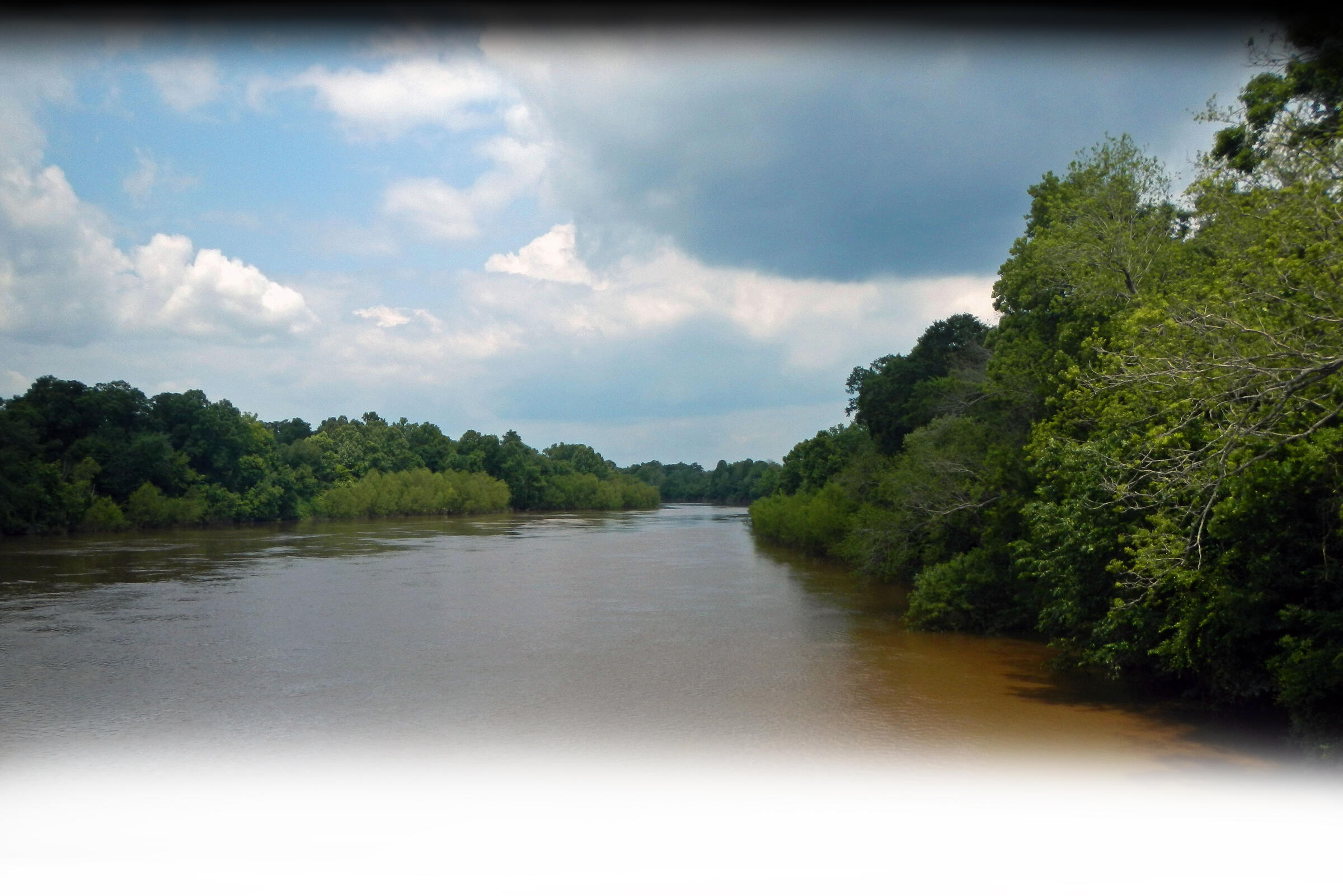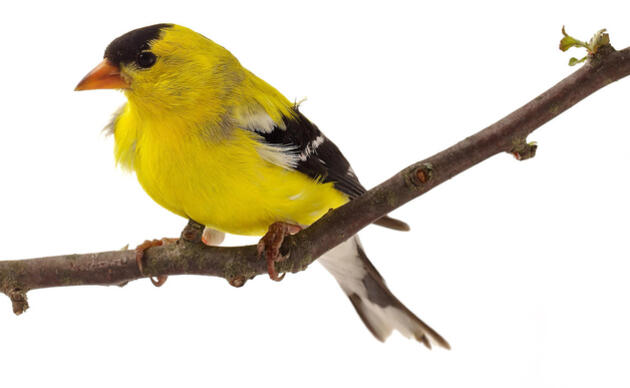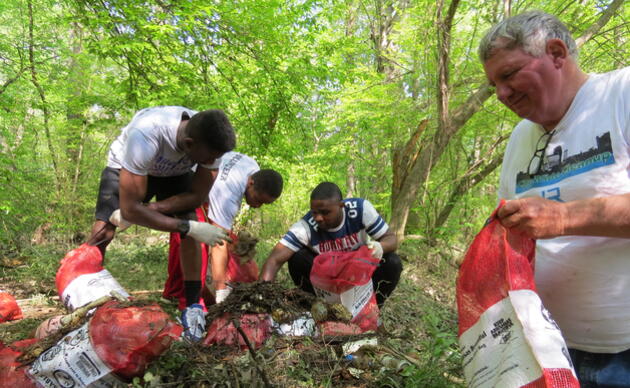Audubon Mississippi bases its conservation decisions on sound science. We understand and appreciate the importance of rigorous research. With the help of our funders and partners support such research whenever possible. Below are two research projects we currently overseeing.
The Marketability of Pre-commercial Thins of WRE Tracts in the LMAV
In September 2105 the Walton Family Foundation accepted and funded our proposal to conduct a holistic analysis of the marketability of pre-commercial timber harvested from WRP tracts in the Lower Mississippi Alluvial Valley (LMAV). It is widely agreed that active sustainable management of bottomland hardwood forests creates healthier habitats for birds and other wildlife. Audubon is interested in studying how markets can be more easily accessed in order to incentive landowners to conduct thinnings (active, sustainable management) on their property. One market driver is the increasing use of wood pellets by the energy industry. The European market in particular continues to grow as EU countries work to comply with EU energy policy which requires energy providers to derive at least one-third of its energy from biofuels. The growth of this market has already begun to spur the cutting of bottomland hardwoods in North Carolina, South Carolina and Georgia. The overall objective of our research is to develop recommendations for landowners and other stakeholders on how to balance the need to perform active sustainable management of their forests for the benefit of birds while at the same time covering the costs associated with this effort. We are partnering with GreenTrees, Inc. to conduct this study. Results and recommendations are scheduled to be completed by August 2016.
Economic Impact of Using Desired Forest Condition Protocols on Private Lands
In August of 2014, Audubon, with the financial support of Entergy Corporation, partnered with Mississippi State University’s School of Forestry to conduct a two-year study of the economic impacts of using land management protocols known as Desired Forest Conditions. The overall goal of this research is to compare the economic tradeoffs between even- and uneven-aged management and the Lower Mississippi Valley Joint Venture’s Desired Forest Condition management scheme in bottomland hardwood forests of the LMAV.
A significant challenge for management of bottomland hardwood forests in the Lower Mississippi Alluvial Valley (LMAV) is the lack of information about economic tradeoffs among management approaches. Recent efforts to enhance wildlife habitat throughout the LMAV under the Lower Mississippi Valley Joint Venture’s Desired Forest Conditions (DFC) approach have underscored the needs of managers and landowners for economic information with regards to tradeoffs of different management approaches. Greater adoption by private landowners of forest management favorable to landscape and species endpoints identified as desirable will often hinge on an understanding of economics. For bottomland hardwood management this remains an area of great uncertainty for both private landowners and managers alike given the variation in soil types, topography, and stand conditions across the LMAV. This project will allow private landowners and managers to better evaluate the economic tradeoffs of competing management objectives for a wide variety of initial stand conditions that may be encountered when applying management approaches. The development of a range of different forest stand types and conditions will be modeled under both even- and uneven-aged management scenarios. The growth and yield simulations will be valued over time using a suite of economic models. The resulting decision support tool will aid owners and managers in evaluating the economic tradeoffs of applying either even- or uneven-aged management or a mixture of the two across the forest land they own or manage.
For more information contact Jay Woods at jwoods@audubon.org
Audubon Mississippi bottom land hardwood conservation
Get Involved
Be a voice for birds
Join our Advocacy Team to receive action alerts about legislation and policy when Audubon Delta's birds need your voice.
Join Our Flock
Signing up is the best way to keep up with Audubon's latest news, programs and initiatives.





